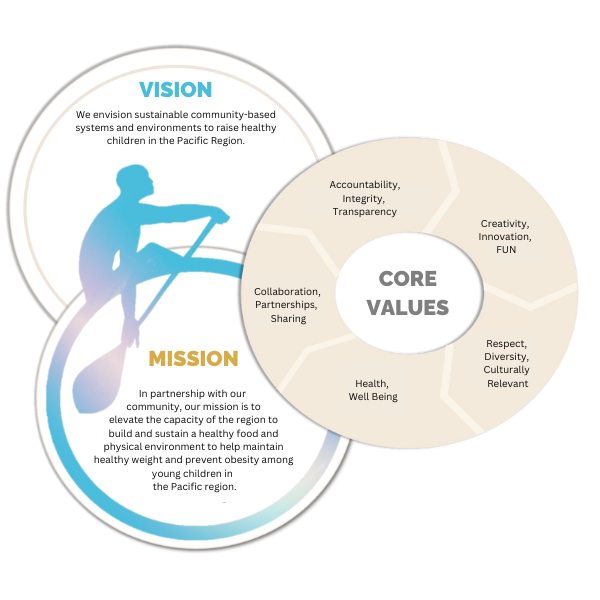
Accountability
- Monitor and evaluate all components of the project using consistent criteria.
- Abide by agreed upon standards of operation.
- Communicate on progress, results, and challenges
- Use verifiable/defensible claims
- Hold ourselves to high standards in order to provide our communities with a high level of service
- Hold ourselves accountable at several levels, including communities, each other, our professions, our funder:
- Act in the public interest
- Set measurable outcomes
- Measure performance against standards articulated in advance
- Follow informed consent guidelines
- Be open to verification/confirmation by outside independent organizations
- Use evidence-based principles to guide our work
- Establish publication and authorship guidelines
- Be active and creative in disseminating information to participating communities
- Make as readily available as possible to the public domain all aspects of CHL including data, programs and publications
- Welcome criticism as an opportunity for change and improvement
Collaboration, Partnerships, Sharing
- Collaborate at multiple levels,
- Work as a team
- Find common ground (alignment with organizations)
- Build on capacity of communities, using strengths and resources
- Avoid duplication of efforts
- Find common language and terms
- Actively seek collaborators (ongoing)
- Create communication channel for collaborators and community (theme-based)
- Create channel for CHL to share with community
- Recognize we are stronger or more effective by collaboration
- Respect knowledge and perspective of each partner’s discipline
- Create process for conflict resolution
- Promulgate expectations of each collaboration with partners
- Create a space for forgiveness
Creativity, Innovation, FUN
- Provide and implement hands-on activities with kids and caregivers
- Present science in an engaging way
- Be open-minded about ideas, approaches, and including stakeholder-types
- Use positive words and actions
- Use appropriate modern technology
- Promote unstructured, active play
- Be flexible and adaptable as project progresses
- Use media as an ally
- Create meaningful goals (way of life) for lifestyle change and sustain it long term.
- Include energizers at meetings (practice what we preach)
- Be willing to try new things, make mistakes, and fix them
- Provide a safe work/research culture where one can offer ideas without having to lead them
- Support creative thinking by investing resources in skill development
- Leave adequate time for discussion
- Learn how to give supportive feedback
- Be open to non-expert opinion Recognize that conflict and differences are opportunities for innovation
Health, Well Being
- Good health enables a productive and fulfilling life. Health includes mental, physical, spiritual, and environmental aspects to which obesity is a threat.
Community
- Promotion of facilities and environmental design, such as parks, which promote stress relief.
- Building and leading coalitions which promote good health.
- Promotion of sustainable food systems that ensure food security Promotion of community infrastructure in support of optimal health
- Promotion of safe communities
- Support training of health professionals
Practice
- Practice healthy strategies – cope with stress
- Get adequate sleep
- Increase water intake – be sure it is clean!
- Practice personal hygiene
- Increase good family time
- Make informed dietary choices and increase active lifestyle
Respect, Diversity, Culturally Relevant
- Redefine health for cultural appropriateness through inclusion of native languages, cultural, and spiritual practices and arts
- View community as an asset and engage community as collaborator and contributor
- Seek elder/community leader for wisdom and guidance
- Listen and learn, establish rapport
- Ask permission
- Communicate in ways that build agreement
- Celebrate success and acknowledge challenges/barriers
- Spend time developing/establishing relationships so that they can be sustained
- Foster relationships by caring for the people we are working with
- Create opportunities to engage the children so they can make meaningful contributions
